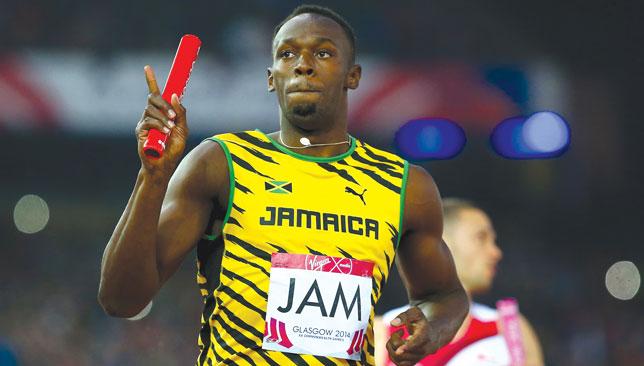
Australia has promised to build on the success of Glasgow 2014 as the Commonwealth Games enjoyed a renaissance in Scotland.
After disappointing in Delhi in 2010, the Games in Glasgow were hailed as an unmitigated success, drawing some of the sporting world’s top stars and packed crowds to venues.
Scotland’s biggest city warmly embraced more than 4,000 athletes from 71 nations, 53 of them former British colonies, the rest mainly territories or dependencies. “Glasgow you really have delivered in every aspect the best Games ever,” Commonwealth Games Federation president Prince Tunku Imran said.
Prior to the competition there were fears over the future of the format with no serious interest expressed to be 2022 hosts. That appears to have been resolved with Durban and Edmonton now expressing a strong interest, amid new-found enthusiasm for the movement.
With the 2018 Games headed for Australia’s Gold Coast, Queensland Tourism Minister Jann Stuckey said: “We will raise the bar further than what Glasgow has done for the best Games yet.
“The Gold Coast won’t be the beginning of the end – it will be a reinvigoration.”
Opened in blisteringly hot conditions, the balmy weather eventually receded to ensure a traditionally wetter climax in Glasgow. But the rain did not dampen the spirit and enthusiasm on view at a host of top venues including Celtic Park, Ibrox and Hampden Park.
Needless to say, Usain Bolt grabbed the headlines, the Jamaican sprint legend anchoring his team to gold in the men’s 4x100m relay. He had caused controversy in the lead-up to that after The Times reported that he had dubbed the Games a “bit s***”.
But Bolt was vehement in his denial of the story. “The people were good, the food was great and the energy was outstanding,” said Bolt, who revelled as a vibrant Hampden Park afforded him a hero’s welcome.
East African giants Kenya topped the track and field medals table with 23 in total, including 10 golds, 10 silvers and three bronzes, with Bolt’s Jamaica second with 19 (10-3-6).
There was no doubt that the outstanding overall performance on the track came not from Jamaica but the Kenyan women’s team, who won 13 of all 18 medals on offer between 800m and marathon, including all six golds.
It was England who topped the overall medal table ahead of Australia and Canada, with hosts Scotland an unexpected fourth.
Australia once again led the way in the pool, winning 19 of the 44 gold medals on offer, but their dominance was challenged by the home nations as England claimed 10 gold medals, Scotland three and Wales their first female golds in the pool for 40 years thanks to Jazz Carlin and Georgia Davies.
The Aussie women led the way with 11 golds in total, including three apiece for Emma Mckeown and Cate Campbell, whilst England’s Fran Halsall bounced back from a disappointing couple of years to take double sprint gold in the 50m butterfly and freestyle.
There were also three gold medals for South Africa thanks to Olympic champions Chad le Clos and Cameron van der Burgh with Le Clos ending a remarkable meet with a total of seven medals.
However, Van der Burgh was beaten in his preferred event, the 100m breaststroke, by 19-year-old English sensation Adam Peaty, who also played a huge part in his team’s medley relay gold as he swam his leg over a second faster than Australian world champion Christian Sprenger.
Australia dominated on the track as they won 20 medals including seven gold. Anna Meares successfully defended her 500m time trial title and won silver in the sprint to join New Zealand’s Gary Anderson as the most decorated cyclist in Games history with eight medals.
New Zealand’s men won four titles in the Velodrome to end a 12- year drought with Sam Webster’s double gold in the individual and team sprint, more success coming for the Kiwis with Linda Villumsen taking the time trial gold and Anton Cooper winning the mountain bike event.
England had success in the form of Olympic champions Joanna Rowsell and Laura Trott as they claimed the 3000m pursuit and 25km points race respectively but the men were left without a gold on the track for a second successive games.
Alex Dowsett showed them the way as he won the time trial while Lizzie Armitstead went one better than New Dehli as she won gold in the women’s road race.
South Africa trumped New Zealand for gold in the rugby sevens, a sport that will feature in the Rio Olympics in 2016.
The Games were also relatively free of doping cases, the highest profile that of former world 400m champion Amantle Montsho of Botswana, testing positive while Welsh 400m hurdler Rhys Williams was withdrawn before competition having failed a test.
Nigeria’s 16-year-old weightlifter Chika Amalaha was stripped of her gold medal after testing positive for two substances.